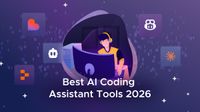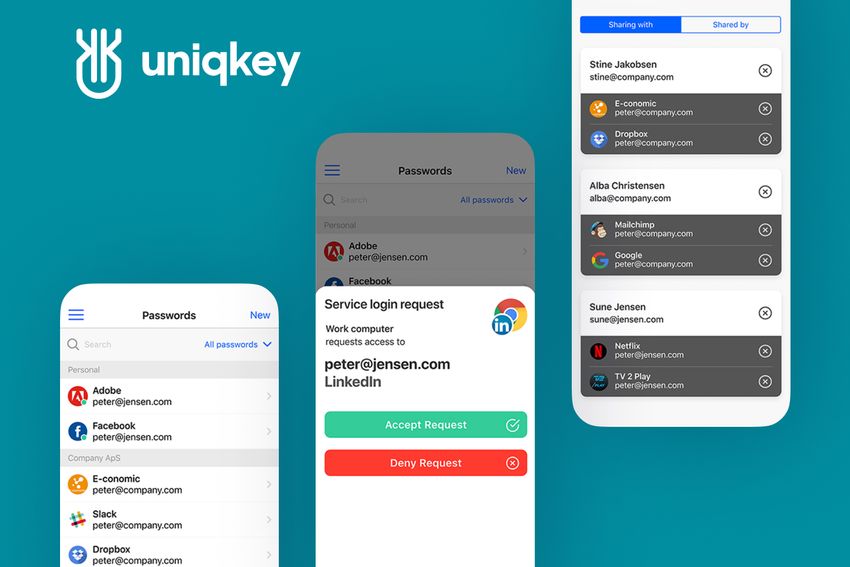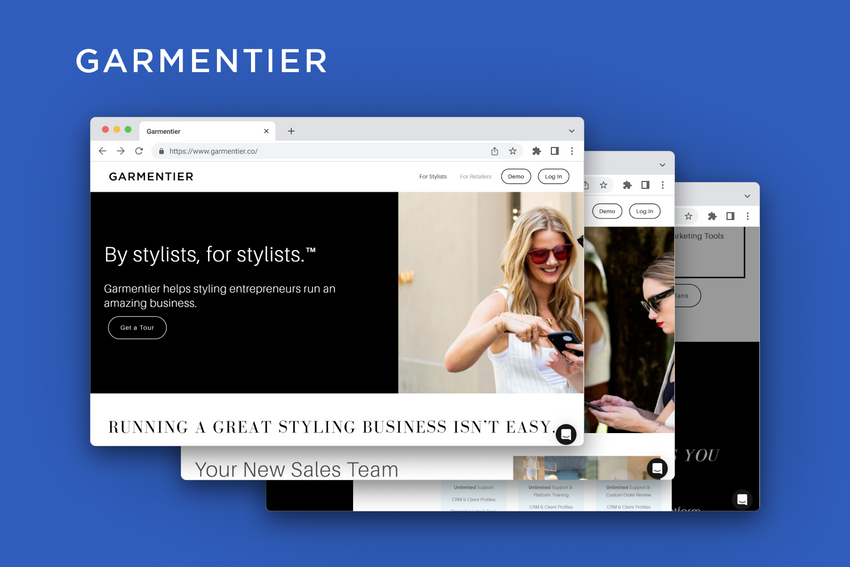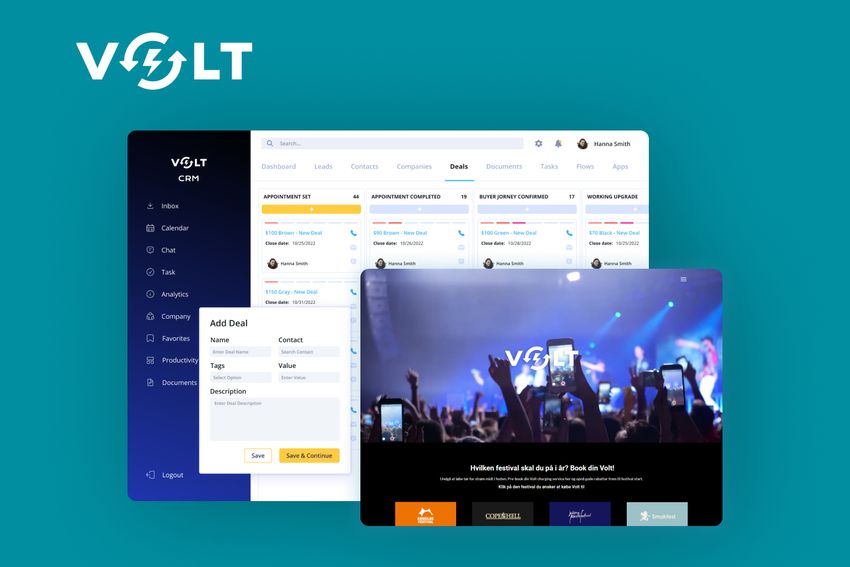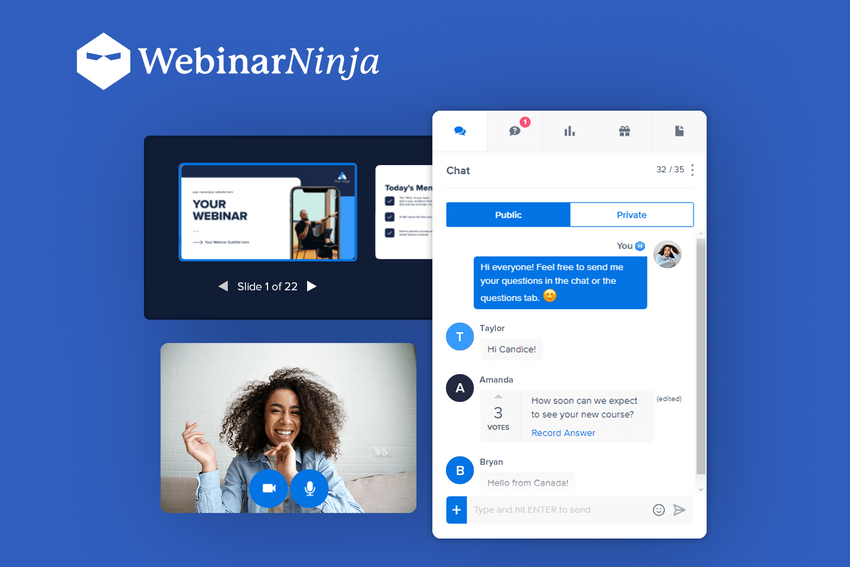Best AI Business Ideas You Should Launch in 2026
Discover the top profitable AI business ideas to launch in 2026, from chatbots to legal tech, and get real-world examples and tips on building your own profitable AI startup.
The time to launch an AI business is now: 2026 is shaping up to be the year when artificial intelligence hits everyday commerce in a big way. The global AI market is projected to reach around USD 371.7 billion by the end of 2025, with a blistering compound annual growth rate of over 30% through 2032.
That means the window is wide open: companies like Yellow, Azumo, InData Labs, and others (read more about top AI companies here) who move fast can ride the wave of hypergrowth, build new value chains, and carve out niches before the market saturates.
In this article, we’ll walk through the most promising AI business ideas ready to launch in 2026, show you how to pick the right one, and outline what you’ll need to go from idea to MVP.
Why Should You Consider Starting an AI Business?
Companies across industries aren’t just experimenting anymore: AI has moved from proof-of-concept to full-blown adoption, with nearly 72% of organizations saying they’re integrating AI into their workflows:
- 67% of respondents expect their organizations to invest in AI more and more over the next three years (McKinsey).
- 75% of executives believe AI will help their organization grow (Authority Hacker).
- Forbes stated that 46% of business owners surveyed use AI to craft internal communications.
- 92.1% of businesses have seen measurable results from AI (Business Dasher).
- 64% of business owners surveyed by Forbes believe that AI will improve customer relationships.
As you can see from these numbers, with AI shifting from hype to real-world execution, the business case has never been stronger. AI is already a business essential — and founders who launch in 2026 are stepping into a market hungry for adoption, innovation, and next-gen solutions - yes, the competition is fierce, but still, it’s a great chance to start your AI business!
In the next chapter, let’s consider the top ideas for AI businesses that could be a perfect choice to hit the market in 2026.
Top AI Business Ideas by Industry Sectors
Customer Service & Support
AI-Powered Chatbots for Customer Service and Support
Create AI chatbots that use natural language processing (NLP) to automate customer support, answer FAQs, and handle ticket routing in real time. Key features may include:
- multilingual communication,
- emotion recognition,
- integration with CRMs,
- and adaptive learning to improve over time.
You can offer it as a SaaS subscription with tiered pricing based on user volume or response complexity, especially considering the fact that he chatbot market is expected to exceed $27 billion by 2030, driven by businesses replacing call centers with AI automation.
Examples: Intercom, Ada, and Drift use AI to deliver personalized, instant customer service experiences.
AI-Driven Customer Service Platform
Develop a unified AI platform that manages customer interactions across multiple channels: email, social media, and live chat, while analyzing tone and intent. Features include real-time escalation, AI-driven analytics, and proactive support suggestions.
You can sell it as enterprise SaaS or offer custom integrations for larger clients. The customer experience (CX) automation market is booming, expected to reach $42 billion by 2032, with enterprises prioritizing omnichannel automation.
Examples: Zendesk AI, Salesforce Einstein, and Ultimate.ai help large enterprises cut costs while improving response quality.
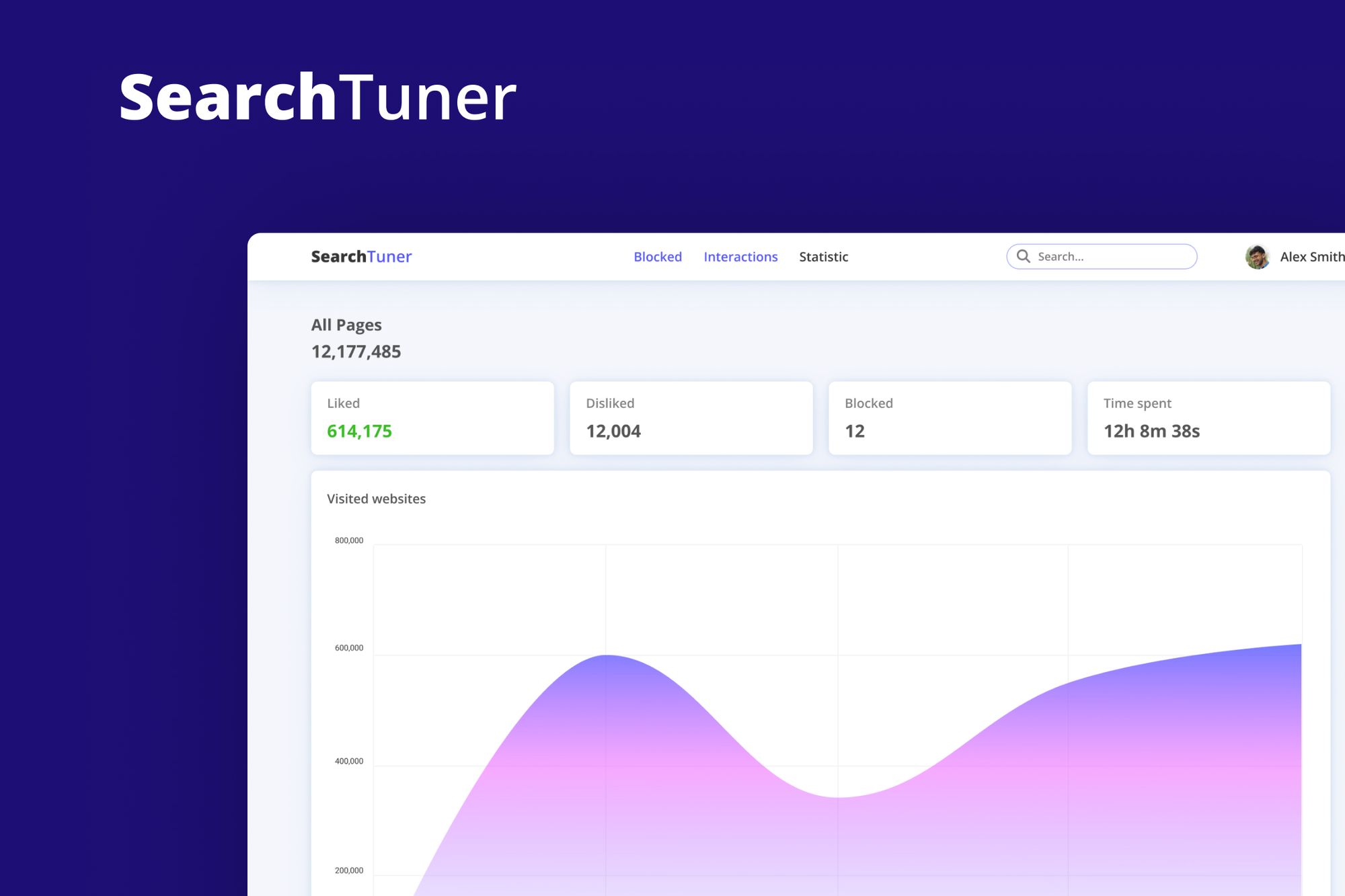
Design and Creative Services AI Startup Ideas
AI-Powered Logo Maker
Launch a generative design platform that helps entrepreneurs and creators build professional logos and full brand kits in seconds. Features include smart style matching, brand-color prediction, and instant mockups for web and print.
With over 50 million small businesses created yearly, the demand for automated branding tools continues to soar. Use a freemium model with paid upgrades for higher-resolution exports, brand packages, and commercial licenses.
Examples: Looka, Hatchful by Shopify, and Canva Magic Design automate creative branding for startups worldwide.
AI-Powered Design Tools
Build AI tools that automate graphic and UI design, transforming sketches or text prompts into layouts, banners, and app prototypes. Core features may include layout auto-generation, font pairing, and smart color suggestions based on user intent.
Monetize via subscription tiers or API access for design agencies and developers. The AI design tools market is expanding rapidly, projected to exceed $20 billion by 2030, as automation reduces creative overhead.
Examples: Uizard, Fotor AI, and Runway ML empower non-designers to create production-ready assets using simple inputs.
Data Analytics & Business Intelligence
AI-Powered Data Analytics Service
Create a data analytics platform where generative AI automatically cleans, interprets, and visualizes massive datasets. Features may include:
- trend forecasting,
- anomaly detection,
- predictive modeling,
- and natural-language insights dashboards.
Offer B2B subscriptions or custom analytics dashboards priced by data volume or users. The AI analytics sector is forecasted to surpass $65 billion by 2031, driven by the rise of data-driven decision-making in every industry.
Examples: Akkio, Tableau GPT, and MonkeyLearn simplify enterprise analytics with natural-language querying.
AI Business Operations and Logistics Service
Develop AI systems that streamline inventory management, optimize delivery routes, and forecast demand. Key features include predictive restocking, route optimization, supplier risk analysis, and cost forecasting. License it as SaaS or integrate it into existing ERP platforms.
Examples: Llamasoft (Coupa), ClearMetal, and Amazon’s AI-powered logistics models set the benchmark for predictive operations.
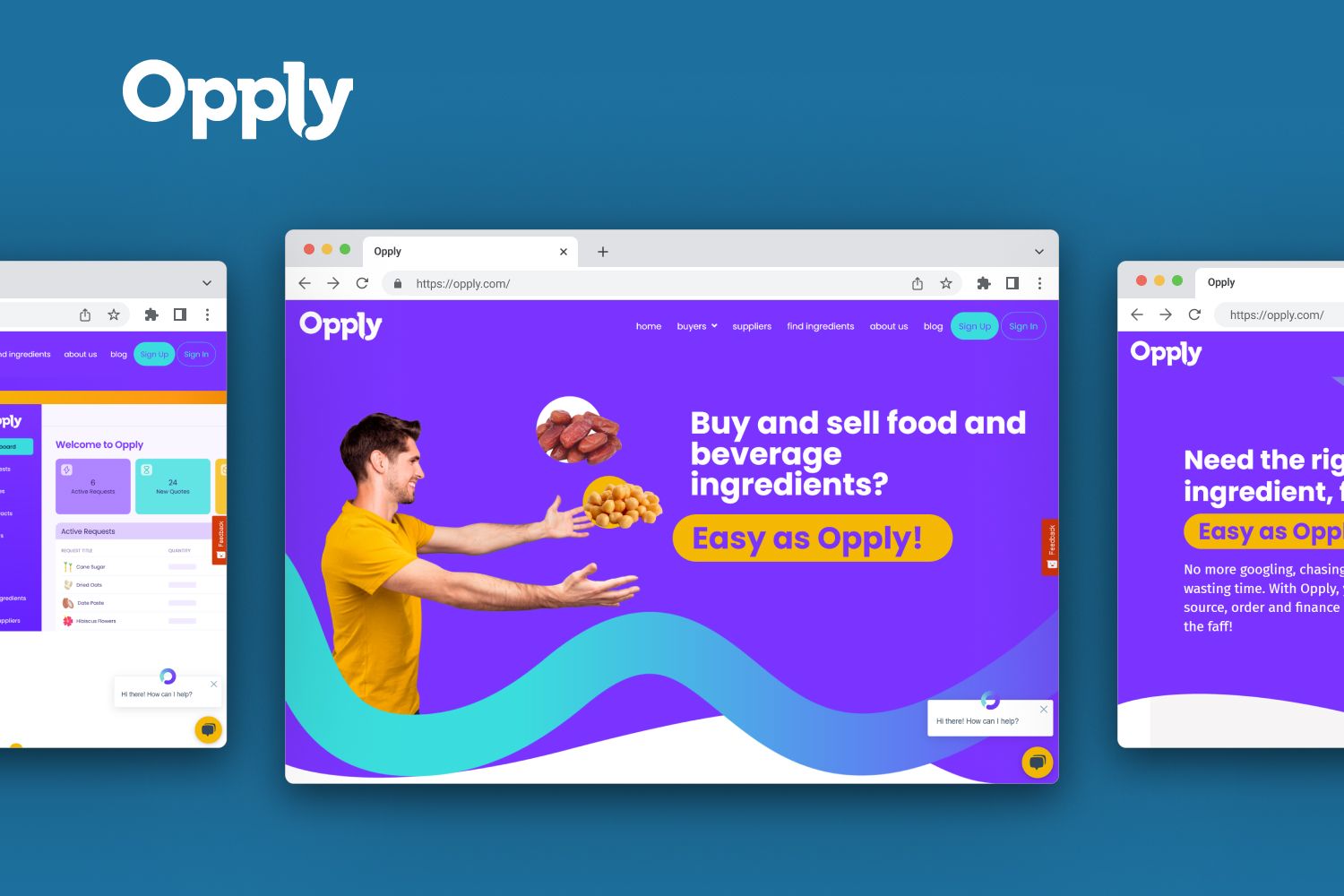
Finance & Investment AI Startup Ideas
AI-Powered Financial Planning Solutions
Build an AI platform that acts as a digital financial advisor, analyzing income, spending, and investment behavior to generate personalized financial plans. Features may include:
- automated budgeting,
- portfolio optimization,
- and predictive cash-flow analytics.
Use a freemium or subscription-based model for individuals and SMEs. The global AI in fintech market is projected to reach $61 billion by 2031, fueled by demand for smarter, data-driven personal finance tools.
Examples: Wealthfront, Cleo, and Plum use AI to help users manage budgets, investments, and savings automatically.
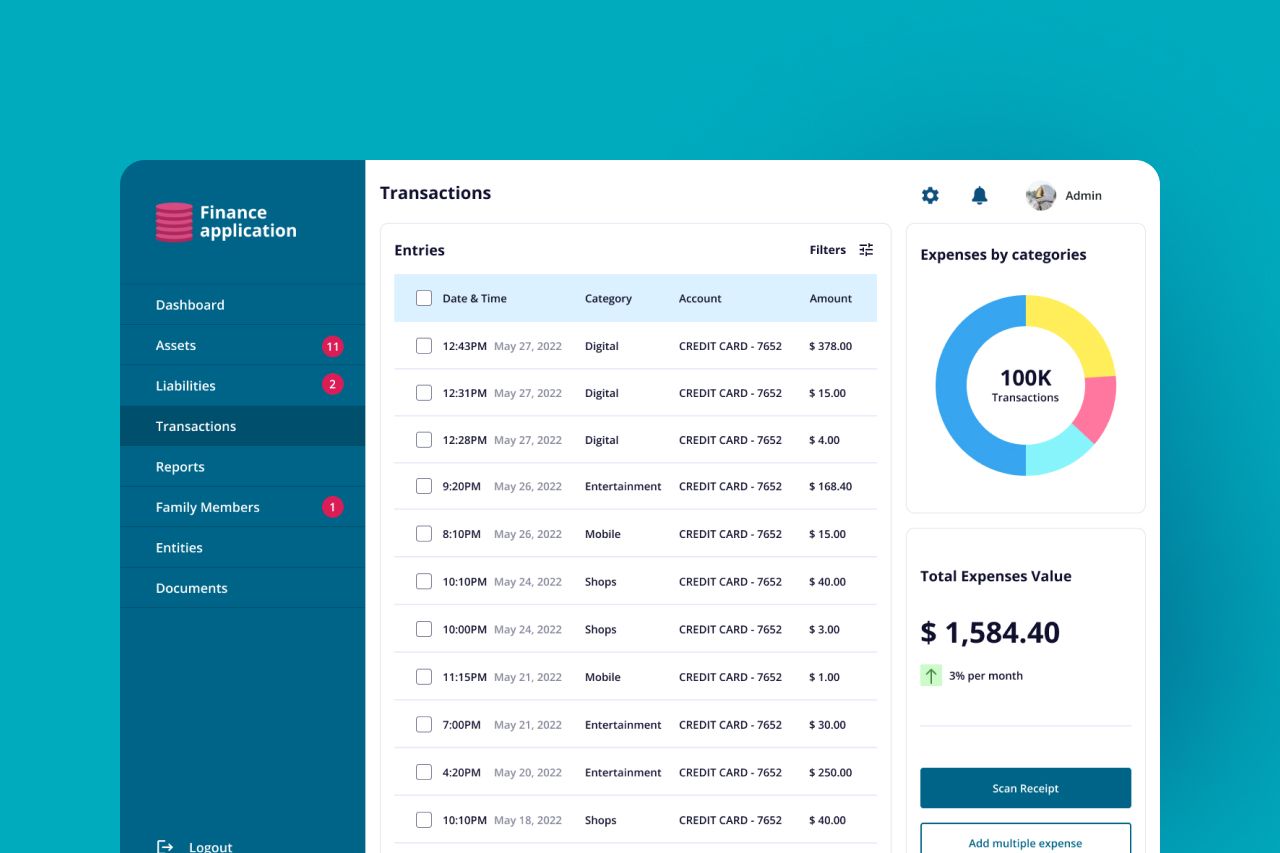
AI Finance and Investment Tools
Create AI algorithms that predict stock trends, analyze sentiment, and optimize investment portfolios. Key features include market prediction models, robo-advisory dashboards, and real-time trading alerts.
With the AI-powered investment market expected to exceed $130 billion by 2030, the opportunity for intelligent portfolio automation is immense. Offer as B2C subscriptions or white-label solutions for fintech startups and investment platforms.
Examples: Numerai, Kavout, and ZorroSign deliver predictive financial insights using machine learning.
Security & Fraud Prevention Business Ideas
AI-Based Fraud Detection and Prevention
Develop a security platform that uses AI to identify and prevent fraudulent activities across payment systems, banking, and eCommerce. Features include pattern recognition, anomaly detection, real-time alerts, and adaptive risk scoring. Regarding the business model, you can offer it as enterprise SaaS or as an API-based integration.
Examples: Sift, Ravelin, and Darktrace use AI to monitor millions of transactions per second to prevent fraud.

Security AI business App
Launch cybersecurity solutions that leverage AI to detect vulnerabilities, predict attacks, and automate incident responses. Key features include threat intelligence feeds, automated patching, and continuous network monitoring. You can license as a B2B SaaS or offer managed security services.
Examples: CrowdStrike, SentinelOne, and Cylance exemplify how AI-driven security systems outperform manual monitoring.
Marketing & Content Creation App Ideas
AI-Based Marketing Agencies
Start a marketing agency that uses AI technologies to automate campaign creation, copywriting, and audience segmentation. Key features include AI ad generators, sentiment analytics, and predictive ROI tracking. For a business model, combine agency services + subscription access to proprietary AI tools.
Examples: Jasper, Anyword, and GrowthBar prove how AI can 10× productivity in marketing operations.
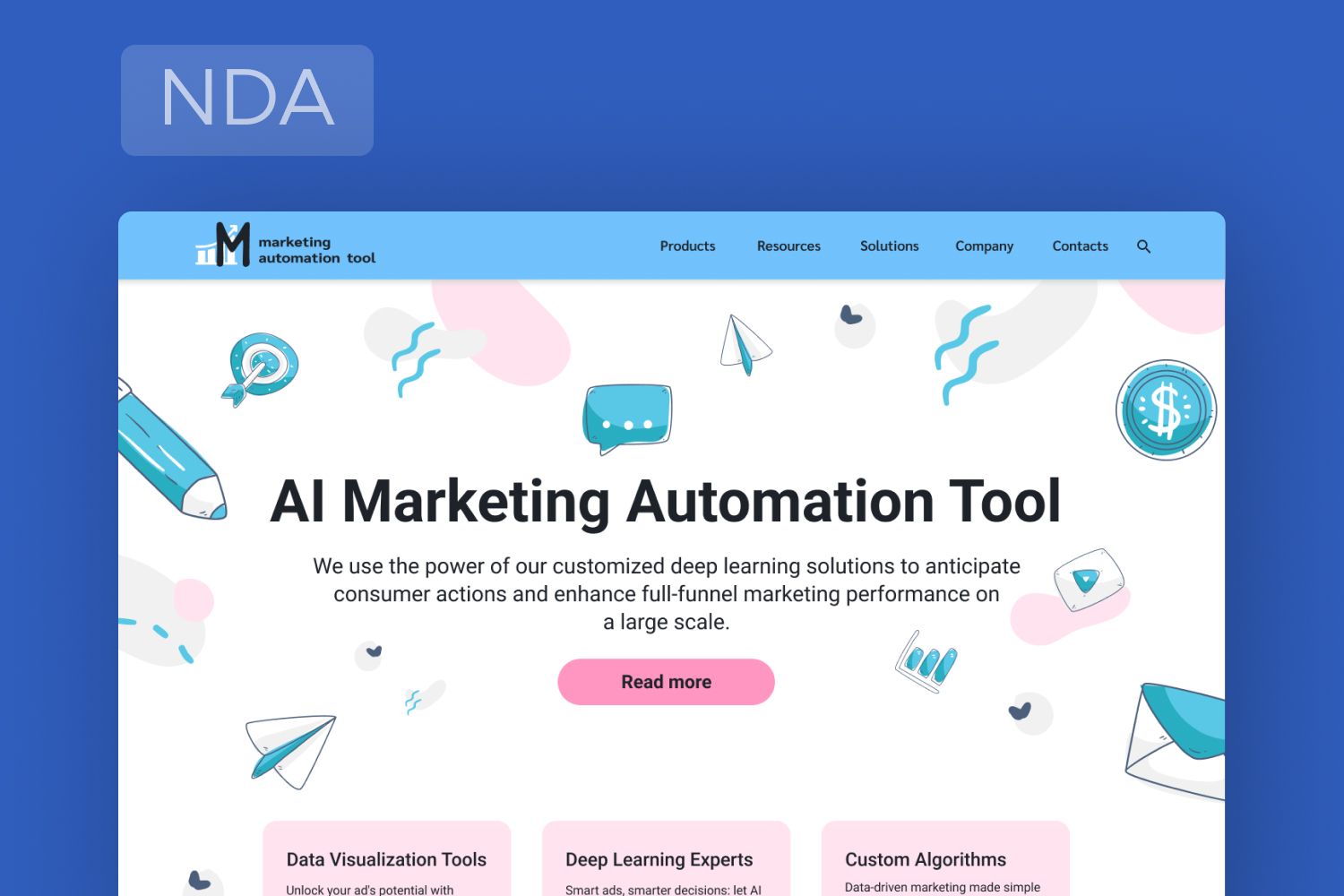
AI-Powered Predictive Analytics Tool for Healthcare
Develop AI-powered tools that analyze patient data, lab results, and historical records to predict disease risks and optimize treatments. Key features include early diagnosis support, hospital resource forecasting, and medical image recognition.
Offer as B2B SaaS to hospitals, clinics, and insurers, or license the technology for medical devices. The AI healthcare analytics market is projected to surpass $187 billion by 2030, driven by the need for efficiency and personalized care.
Examples: Tempus, Aidoc, and PathAI use machine learning to detect patterns and assist clinicians in real-time diagnosis.
AI Personal Assistant Business App
Create an AI-powered personal assistant app that manages scheduling, reminders, communication, and daily planning using voice and text commands. Features include context understanding, email management, and task prioritization. Monetize via freemium + premium plans or B2B white-label licensing.
Examples: x.ai (now part of Calendly), Replika, and Notion AI have proven the massive potential of personalized digital helpers.
AI Human Resources Recruitment Platforms
Build AI-driven hiring platforms that automate resume screening, skill matching, and candidate ranking. Key features include predictive analytics for job fit, bias detection, and candidate engagement chatbots. Here, it’s good to use a subscription + pay-per-hire model.
Examples: HireVue, Pymetrics, and Beamery leverage AI to enhance candidate selection and reduce time-to-hire.
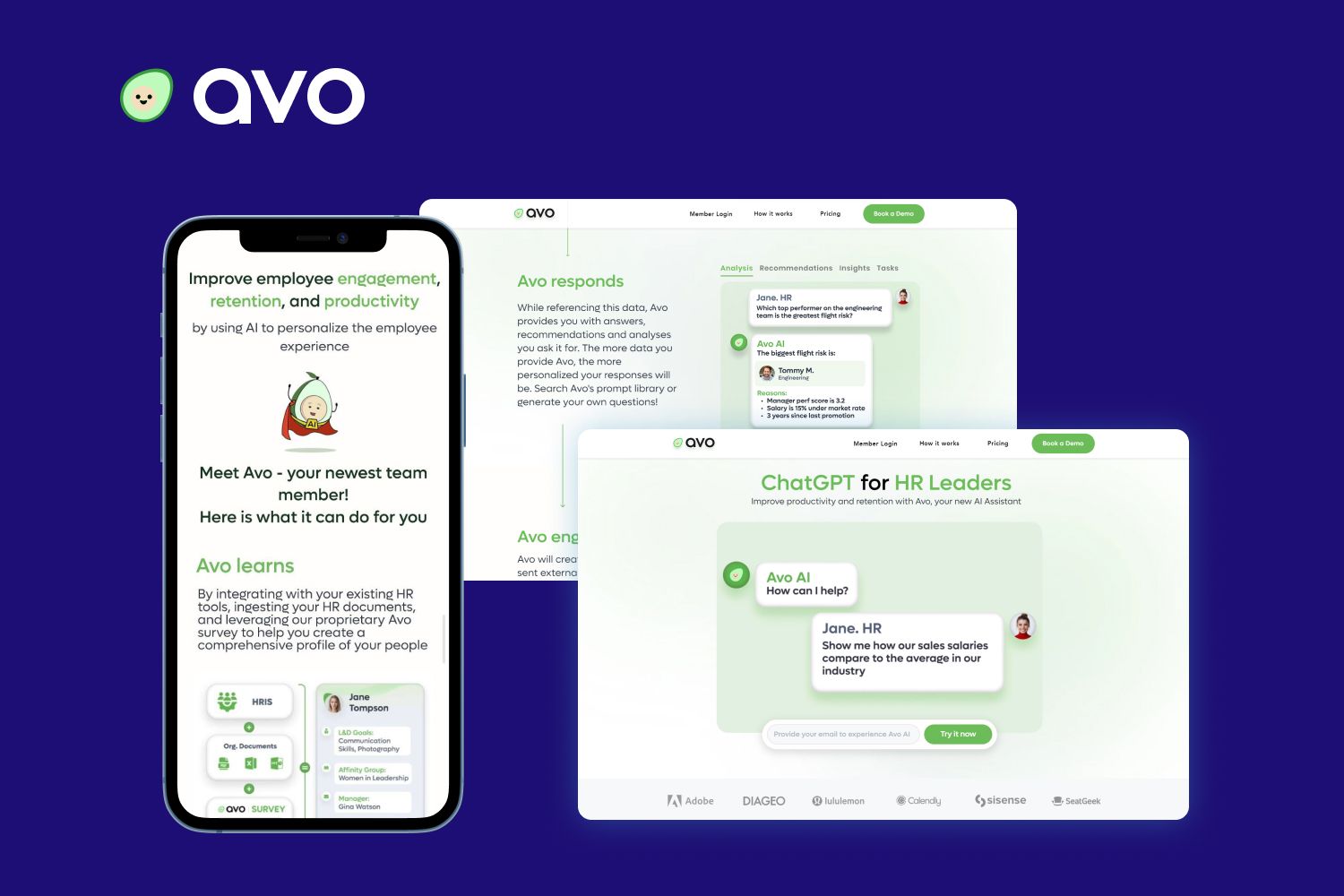
AI Legal Assistant Services
Launch AI copilots for law firms that automate legal research, contract analysis, and compliance review. Key features may include:
- document summarization,
- risk flagging,
- and chatbot interfaces for quick client Q&A.
Sell it as SaaS subscriptions or per-document analysis plans. With the legaltech market set to surpass $40 billion by 2030, firms are eager for scalable, accurate AI-driven assistants.
Examples: Harvey AI, DoNotPay, and Casetext (CoCounsel) demonstrate how AI reshapes legal workflows.
AI in Environmental Monitoring
Develop AI systems that monitor environmental conditions using sensor and satellite data to track deforestation, pollution, and climate trends. Key features include real-time alerts, anomaly detection, and sustainability analytics dashboards.
Provide B2G and enterprise SaaS for governments, NGOs, and ESG-focused corporations. The global environmental AI market is expected to exceed $60 billion by 2031, driven by sustainability mandates.
Examples: Pachama, ClimateAI, and PlanetWatch use AI to help companies measure and reduce their environmental footprint.

AI-Based Web Design and App Development
Create an AI platform that designs, codes, and tests websites and apps based on user prompts. Key features include text-to-UI generation, automated QA testing, and smart UX optimization.
For a business model, adopt a freemium + pro plan model or partner with agencies for white-label deployment.
Examples: Builder.ai, TeleportHQ, and Durable let users create production-ready apps without writing a single line of code.
Tips for Starting an AI Business
To stand out in the AI market, you need more than great tech: you need validation, strategy, and focus. Here are the key principles to build an AI business that doesn’t just survive 2026 but scales with confidence.
Validate Your Idea
Don’t build blindly — start by validating the problem your AI product solves. Interview potential customers, test early mockups, and ensure there’s a real pain worth paying for. Validation helps you avoid wasting months on features nobody needs.
Test Your Concept with Potential Users
Before building complex models, launch a lightweight MVP or even a prototype built on existing AI APIs (like OpenAI or Claude). Gather feedback from your early adopters to refine the UX, output quality, and business model before scaling.
Develop a Solid Business Plan
Map out your value proposition, target audience, go-to-market strategy, and financial roadmap. Investors love clarity — and even if you bootstrap, a concrete plan will keep you focused on metrics that matter (CAC, LTV, churn).
Choose the Right Revenue Model for Your AI App
Your AI product can scale through subscriptions, pay-per-use APIs, or enterprise licensing. Match your model to user behavior — for example, SaaS subscriptions for chatbots, or per-analysis pricing for data tools. The right pricing strategy can make or break profitability.
Build Expertise or Partner with Experts
AI moves fast. If you’re not a machine-learning expert, partner with someone who is — or collaborate with an AI development company. You’ll save time, avoid technical pitfalls, and focus on what really drives growth: business strategy and distribution.
Focus on a Niche Target Market
Don’t chase the entire AI landscape. Start narrow — one vertical, one use case, one audience. Niche domination builds traction faster, creates stronger positioning, and opens the door for sustainable scaling once you’ve proven product-market fit.
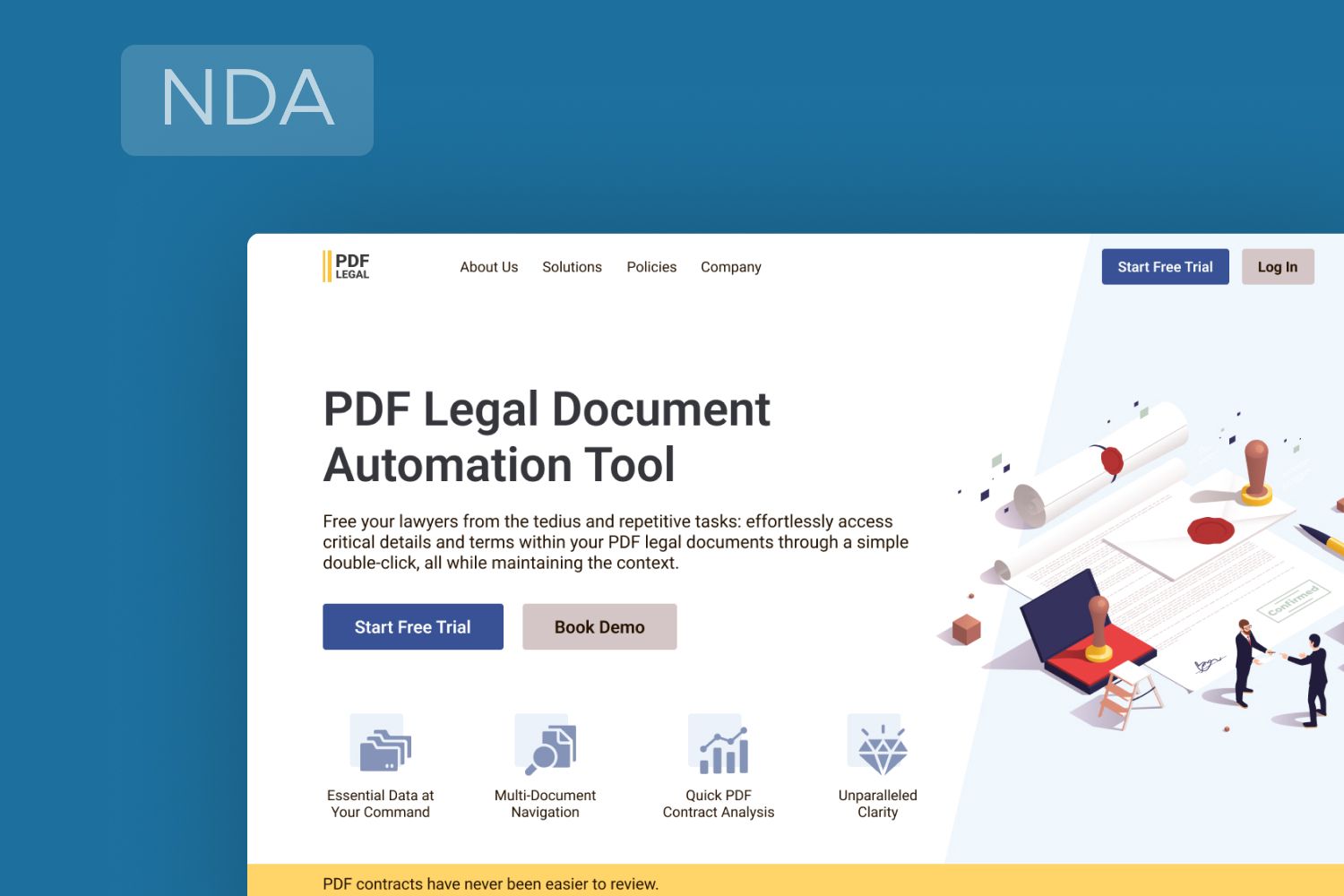
Challenges in the AI Industry
While the AI industry is booming, it’s not without its roadblocks. As businesses rush to integrate artificial intelligence into every process, they face complex challenges, from privacy and bias to the global shortage of AI professionals. These aren’t just technical problems; they’re strategic ones that can define whether your AI venture thrives or fails. Here are the most pressing challenges every founder should prepare for in 2026.
Privacy and Data Protection
AI systems thrive on data — but collecting, processing, and storing it comes with serious privacy concerns. Regulations like GDPR, CCPA, and the upcoming AI Act in the EU impose strict compliance requirements. Businesses must balance innovation with responsibility by using anonymization, secure data handling, and transparent consent practices to protect user trust.
Algorithmic Bias
AI models learn from historical data — and if that data reflects bias, the outcomes will too. From recruitment algorithms favoring certain demographics to credit systems denying fair access, bias can have real-world consequences. Ethical AI requires constant model auditing, diverse datasets, and explainability frameworks to ensure fairness and accountability.
Talent Acquisition
The global AI talent gap is widening, with demand for machine-learning engineers, data scientists, and AI ethics experts far outpacing supply. Recruiting and retaining top talent is expensive and competitive — especially for startups. Many companies now offset this challenge by partnering with AI development firms or leveraging low-code and no-code AI tools to accelerate projects.

What Is the Cost to Develop an AI Business Tool?
The cost of developing an AI business tool varies widely depending on complexity, data volume, and required integrations. A simple MVP powered by existing APIs might start around $25,000–$40,000, while full-scale custom AI platforms with machine learning, analytics, and user dashboards can reach $100,000–$250,000+. Key cost drivers include model training, data preparation, infrastructure setup, and ongoing maintenance.
But remember: the right partner can make all the difference between burning through your budget and building a scalable AI success story.
At Fively, we specialize in AI-driven product development, from concept validation and MVP design to full-scale deployment. Our engineers build reliable, high-performing AI solutions tailored to your business goals — whether you’re launching a startup or scaling an enterprise tool.
Let’s turn your AI business idea into reality — smarter, faster, and future-proof.
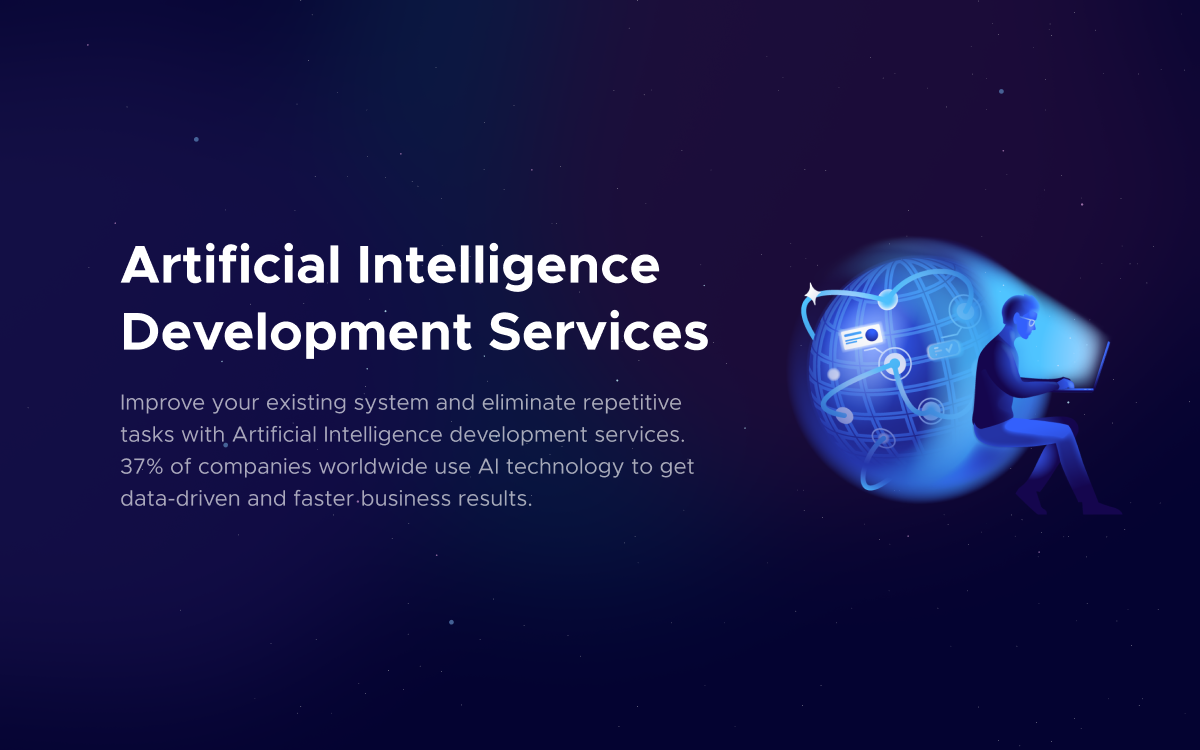
Need Help With A Project?
Drop us a line, let’s arrange a discussion
Frequently Asked Questions
2026 is the best time to dive into AI startups: from AI-powered chatbots and predictive analytics to automated marketing platforms and legal assistants. These tools solve real business problems and have massive scalability potential across industries like finance, healthcare, and eCommerce.
The cost to develop an AI business tool varies from $25,000 for an MVP to $250,000+ for a full-scale platform with machine learning, integrations, and analytics. Factors include complexity, data processing, and the AI model used.
Yes, the AI market is projected to reach over $370 billion in 2026, and startups offering automation, personalization, or analytics are seeing high ROI. The key is identifying niche problems and building efficient, scalable AI solutions.
Start small: validate your idea, test your concept using available AI APIs, and partner with an experienced AI development company like Fively to turn your concept into a working MVP. Fively helps you plan, design, and build future-proof AI tools tailored to your business goals.


